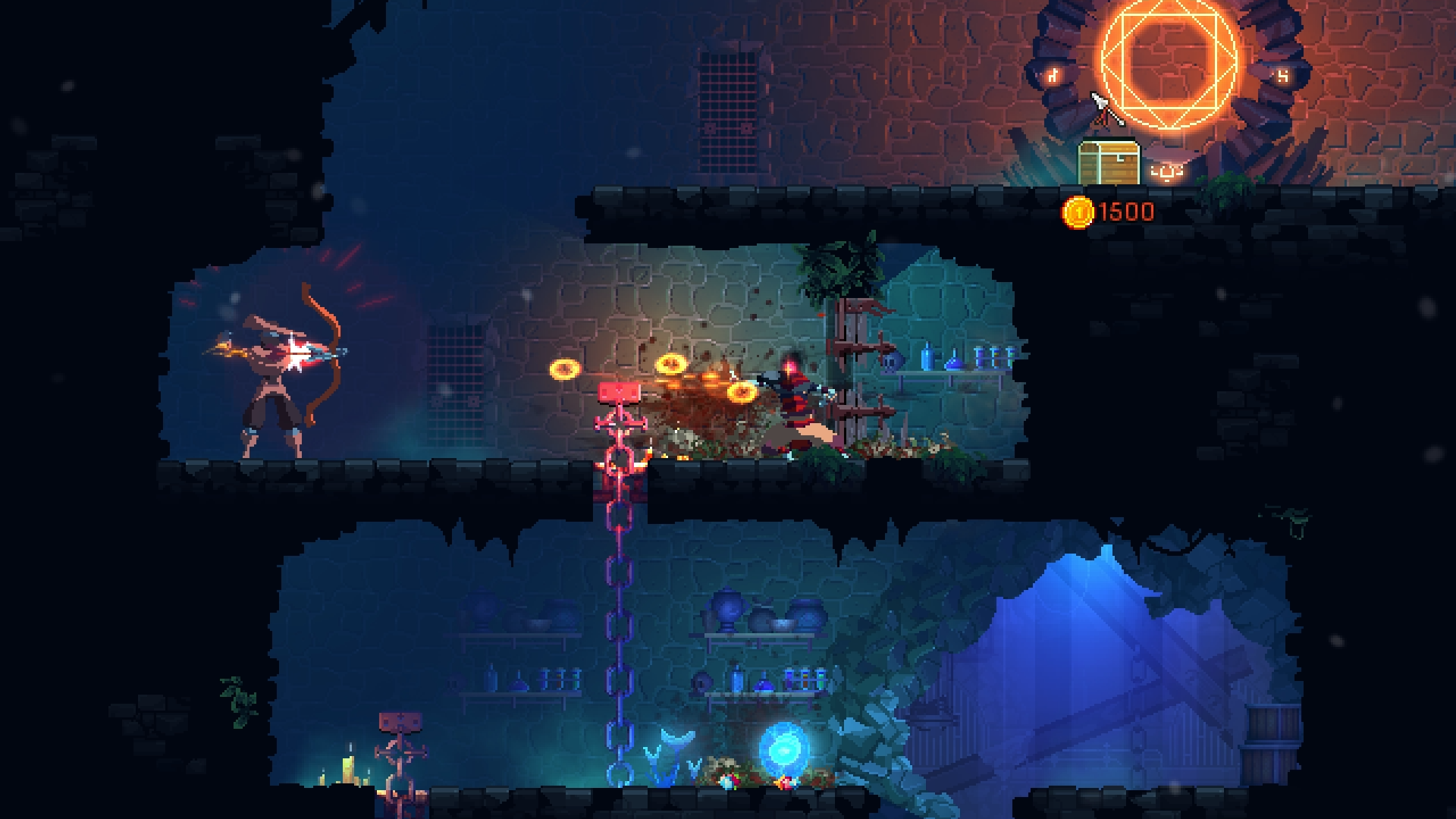When a Cancer cell is killed or dies an immune response occurs. This means many things are happening that are involved with the immune system. One of the bodies many partners in the immune system is the macrophage cell. A macrophage cell can literally detect dead cells through smell, much like a scavenger bird detects dead animals. Whenever dead cells reach the part of the bloodstream patrolled by a macrophage, the macrophages surrounds them and converts dead cancer cells into easily removed components, this is called 'Efferocytosis'
All living (human) cells have a 'cell membrane' around their outside that separates them from each other and from all the other stuff in our tissues. Sid meiers civilization® v. Also, cells have 'organelles' inside them (a nucleus, mitochondria, ribosomes, lysosomes, endoplasmic reticulum, etc.), and some of those structures are also surrounded by membranes. The membranes are critical, because they keep everything in its place. Imagine a kind of like zip-lock bag that keeps stuff separated in your picnic cooler. The membranes around the lysosomes are especially important, because lysosomes contain the enzymes that cells use to digest the things they eat.
Dead Cells is a roguelike video game inspired by Metroidvania -style games, developed and published by Motion Twin. After a year in early access, Dead Cells was released for Linux, macOS, Microsoft Windows, Nintendo Switch, PlayStation 4, and Xbox One on August 7, 2018. Keep progressing through the game and you'll get them. Mild spoidlers, but here's which runes do what: The Vine Rune allows you to use the 'Slimes' and the Teleportation Rune allows you to use the statues. Haha of course I ask this and then find one of the answers. So I can now tickle slime as I have got my first rune. The Emergency Door is a deployable skill which deploys a ghostly purple door. It is similar to the regular wooden door behavior-wise. 1 Details 2 Location 3 Notes 4 Trivia Special Effects: Spawns a door in front of the player, which acts like any other wooden door. Stuns enemies on the other side when destroyed. Tags: Deployable, NegligibleDamage, ExplosiveThe blueprint for the Emergency Door. This page lists every major version that has been released for Dead Cells, even ones made before the official release of the game. Gris. This article only covers the release date for the PC version. Dead Cells: Soundtrack. You can use this widget-maker to generate a bit of HTML that can be embedded in your website to easily allow customers to purchase this game on Steam. Enter up to 375 characters to add a description to your widget: Create widget. Copy and paste the HTML below into your website to make the above widget.
Okay, so what happens after a cell dies? (There are two main ways a cell can die ~ necrosis, or apoptosis). Regardless of what causes a cell to die, whether it's a lack of oxygen, physical damage, chemical poisoning, energy starvation,nutrient overload, etc., the outcome will pretty much be the same.


All the biochemical pathways that allowed the cell to perform its normal functions and what held it together physically will stop when the cell dies. Those membranes around the outside of the cell and on the inside (keeping all those innards separated) will become leaky. That leakiness will allow enzymes and chemicals that are inside the cell to leak out; and other chemicals and fluids that are supposed to stay outside the cell will pass in. The zip-lock baggies full of enzymes (the lysosomes) will ooze, and their contents will begin to digest the insides of the cell. The chromosomes that were arranged so nicely in the nucleus of the cell will break into small pieces. Proteins in the cell (and there are lots proteins) will 'denature'. Basically, the chemical bonds in the proteins will fall apart, causing the proteins to lose their normal shape and get all wadded up. (Think of what happens when you fry an egg. All that protein is being denatured.) The lipid membranes will continue to degrade.
While all this is going on inside the cell, the stuff that's leaking out of it will attract scavengers. In this case, the scavengers are white blood cells whose job is to eat (literally) and digest dead things such as dead cells and cell debris. There are two main types of cells that do that: neutrophils and macrophages, both of which are called 'phagocytes'.
The neutrophils almost always come from the blood, and they get to the dead cells first. Neutrophils squeeze through the blood vessel walls and move to where the dead cells are. Macrophages take a little longer to arrive and also come from the blood; but there are also lots of macrophage-type cells already in the tissues of the body (in addition to those in the blood). They're sort of like resident garbage collectors. Neutrophils and macrophages are attracted by chemical signals released by the dying/dead cells.

All the biochemical pathways that allowed the cell to perform its normal functions and what held it together physically will stop when the cell dies. Those membranes around the outside of the cell and on the inside (keeping all those innards separated) will become leaky. That leakiness will allow enzymes and chemicals that are inside the cell to leak out; and other chemicals and fluids that are supposed to stay outside the cell will pass in. The zip-lock baggies full of enzymes (the lysosomes) will ooze, and their contents will begin to digest the insides of the cell. The chromosomes that were arranged so nicely in the nucleus of the cell will break into small pieces. Proteins in the cell (and there are lots proteins) will 'denature'. Basically, the chemical bonds in the proteins will fall apart, causing the proteins to lose their normal shape and get all wadded up. (Think of what happens when you fry an egg. All that protein is being denatured.) The lipid membranes will continue to degrade.
While all this is going on inside the cell, the stuff that's leaking out of it will attract scavengers. In this case, the scavengers are white blood cells whose job is to eat (literally) and digest dead things such as dead cells and cell debris. There are two main types of cells that do that: neutrophils and macrophages, both of which are called 'phagocytes'.
The neutrophils almost always come from the blood, and they get to the dead cells first. Neutrophils squeeze through the blood vessel walls and move to where the dead cells are. Macrophages take a little longer to arrive and also come from the blood; but there are also lots of macrophage-type cells already in the tissues of the body (in addition to those in the blood). They're sort of like resident garbage collectors. Neutrophils and macrophages are attracted by chemical signals released by the dying/dead cells.
Once the neutrophils and macrophages (the phagocytes) get to where the dead cells are, they start eating them. By that time, there won't be much left of the dead cells except random chunks and hollowed-out (digested) bags filled with molecular slush. So it's usually not difficult for the phagocytes to eat that debris and digest it completely. Everything gets recycled, all the proteins and sugars, the nucleic acids, the energy-containing components, all of it gets re-used by other cells. Nothing goes to waste. Dead cancer cells are as tasty to a phagocyte as any other type of dead cell.
The dead cells cannot 're-enter the bloodstream' once they've been digested by macrophages, because the digestion process breaks down the chunks into individual chemical components (amino acids, lipids, sugars, minerals). The dead cells will not pass into the intestinal tract to be disposed of. All that stuff in the lower intestinal tract is stuff we've eaten but have not digested and absorbed, like plant fibers (cellulose, lignin) and intestinal bacteria. The cells in the wall of the intestine will add a little mucus and some water to slide things along more easily. And, as those intestinal cells grow old and die, they will be sloughed off into the intestinal contents.
Dead cancer cells will not end up being flushed down your toilet just unwanted waist from the dead cancer cells. This happens every day to dead normal cells and dead cancer cells that are moved from the immune system through the intestine, kidney and/or liver as a result of 'Slough' (A layer or mass of dead tissue separated from surrounding living tissue, as in a wound, sore, or inflammation).
Dead Cells Wiki
http://cancercelltreatment.com/2015/07/12/what-happens-to-dead-cancer-cells-in-the-human-body/
